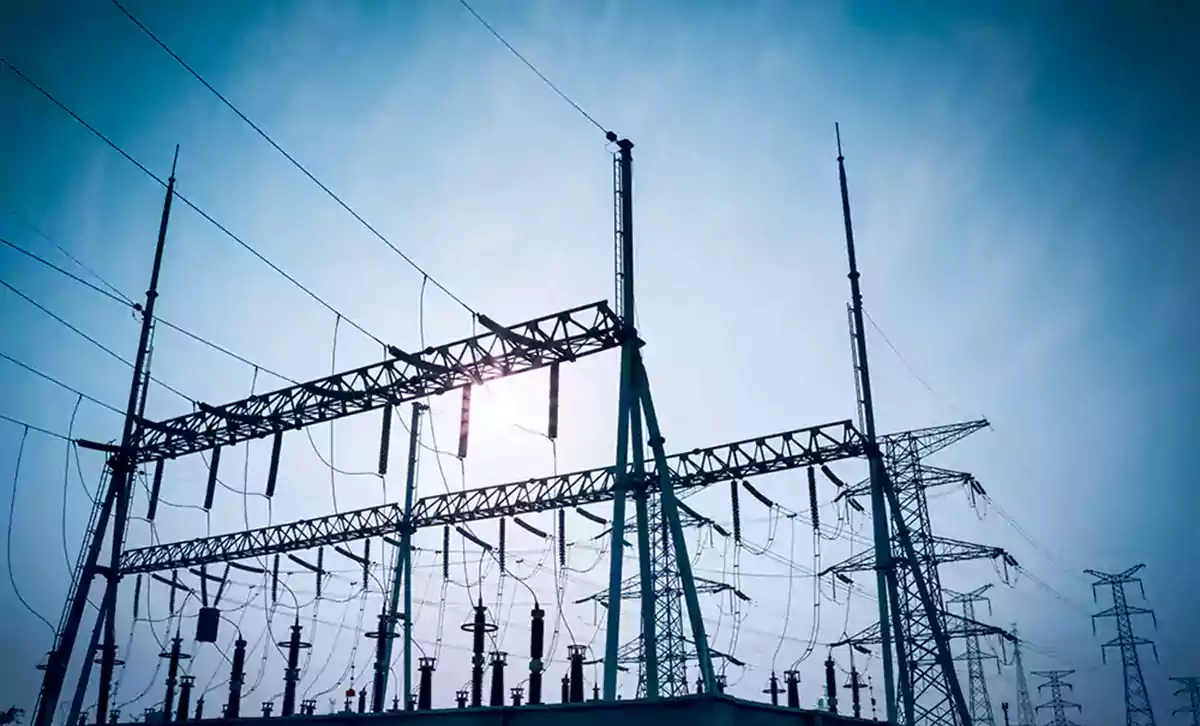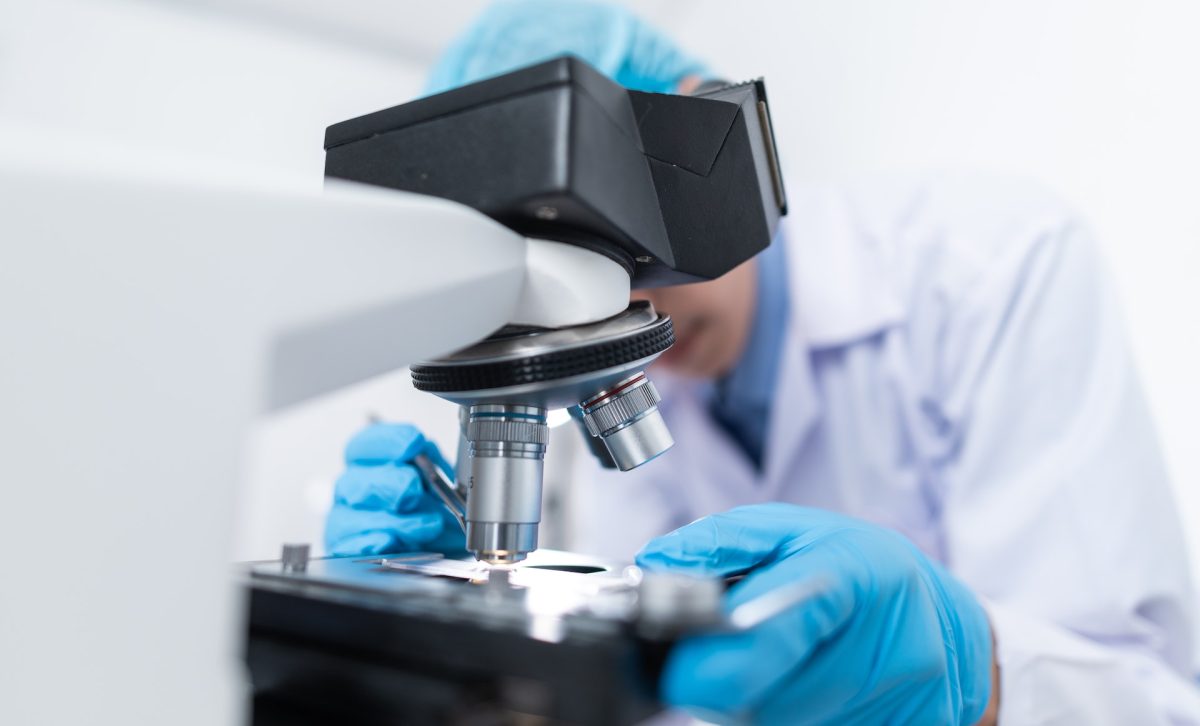Domestic water consumption makes up 8% of total global water use according to UN-Water 2010. It, therefore, means that our homes alone generate about 8% of the total global water used. As much as it has been advocated for people to cut back on water use and minimizing wastage to conserve water, it is even more rewarding to collect and reuse waste water as it ultimately saves water even more.
Waste water recycling is one of the most sensible and winning options for promoting water sufficiency and it can range from simple home methods to sophisticated industrial Wastewater filtration systems. Reuse of different types of Wastewater is hence a way to optimize water use at home. It can either be reused directly or treated and reused as discussed in this article.
Redirecting drain water (Grey Wastewater systems)
Greywater refers to Wastewater from non-toilet plumbing fixtures such as showers, basins and taps from domestic household use. It is slightly used and is not in contact with feces but can contain some elements of household cleaning products, grease, hair, food or dirt. The reuse method involves diverting Wastewater from the drainage sinks and washing machines then directing it into a greywater collection system.
Showers and sink only require a simple greywater collection system as opposed to trapping used water from washing machines. With the installation of the system, the greywater can be used outdoors for cleaning the veranda and the driveway, watering grass, or even washing the car and doormats.
Recycling dirty aquarium water
The water in the fish tanks must be routinely changed to get rid of excess toxic materials and waste dissolved in water that could harm the fish if left to accumulate. When refilling aquarium water, instead of disposing of the dirty water, one can use it for agricultural reuse like watering potted plants, vegetable nurseries or lawn gardens.
As a matter of fact, the water is very good for plants because it contains materials such as nitrogen, phosphorous, potassium and ammonium and other microorganisms found in soil sediments, which can act as a natural fertilizer. In doing so, however, it is advisable not to water plants with used water from saltwater aquariums as it can harm the plants due to high salt content.
Collect shower water
The collection of shower water is the easiest and simplest way to reuse water at home. Water from the shower can be reused after a bath by plugging the drain and letting the bath fill up. It can then be manually collected from the bathtub using a bucket. Alternatively, one can stand in a basin or bucket when taking a shower to collect the water. After bath, the collected water can be reused for watering outdoor flowers and lawns.
Trap rainwater
Collecting rainwater is equally part of water reuse that many people do not recognize. The installation of gutters for diverting rainwater to where it can be stored does the work. After collection, the water can be used in the garden to water plants, for laundry and many other purposes as rainwater is considered clean and safe compared to other types of used water such as greywater.
Reuse of water from laundry
Wastewater from laundry cleaning can be directed for outdoor use. It can be collected from washing machines by removing the discharge hose from the house drain and connecting it to a longer run off hose that can reach the yard which will enable the collection and use of Wastewater every time laundry is done.
During laundry, the pipe can be moved to different points in the yard to avoid erosion and ensure the lawns are watered evenly. The laundry water can also be used for cleaning the pavements and the driveway.
Save pasta water
One of the most nutrient-rich kitchen water is used to boil vegetables and pasta. It can, therefore, serve a very good purpose in watering plants. Vegetable and pasta water can be collected in pots and after it has cooled down, it can be used to water the garden.
Catch warm-up shower water
This is water that runs from the shower as you wait for it to get to the perfect temperature before starting to take a shower. Instead of letting the water to be wasted down the drain, one can capture this warm-up water by simply placing a basin or large bowl under the faucet when the shower is turned on then simply moving it out of the way when the water gets to the preferred temperature for bathing. The water can be used directly around the household because it is very clean or can be used outdoors to water garden plants.
Reuse unwanted ice
Instead of dumping ice from overstayed ice trays from the freezers or ice coolers in the drain, spread it on the garden grass or around plants and let the ice melt into liquid.
Reuse unused drinking water
Drinking water stored for a long period of time has a stale taste, is murky, and also has a great probability of being contaminated by bacteria. Instead of disposing of it by pouring it out, you can use it for washing utensils and other household chores as it is not that dirty. Stale pet water can also be used on potted plants.
Employ the use of rain barrels
In most cases, rain from the roofs of our houses is just left to run off into the sewer systems. In a bid to save this water from going to waste, rain barrels can be used to collect the water by placing them under the gutter’s downspout. The water can then be used for various purposes such as laundry, watering plants and general cleaning in the house.
Collect the overflow from watering plants
Every time when potted plants are watered, there is always water overflow or water running out of the drainage holes of the pots that goes to waste. Instead of letting this water flow away, it can be collected then by placing the plants in deep trays and used to water other smaller plants or the grass.
Save the water used to wash fruits and vegetables
The water used to wash fruits and veggies can be collected then used for watering potted plants and gardens. The rinse water for utensils can also be saved and used to water houseplants or for other cleaning purposes in the house such as floors, toilets and sinks.
source : conserve-energy-future.com








